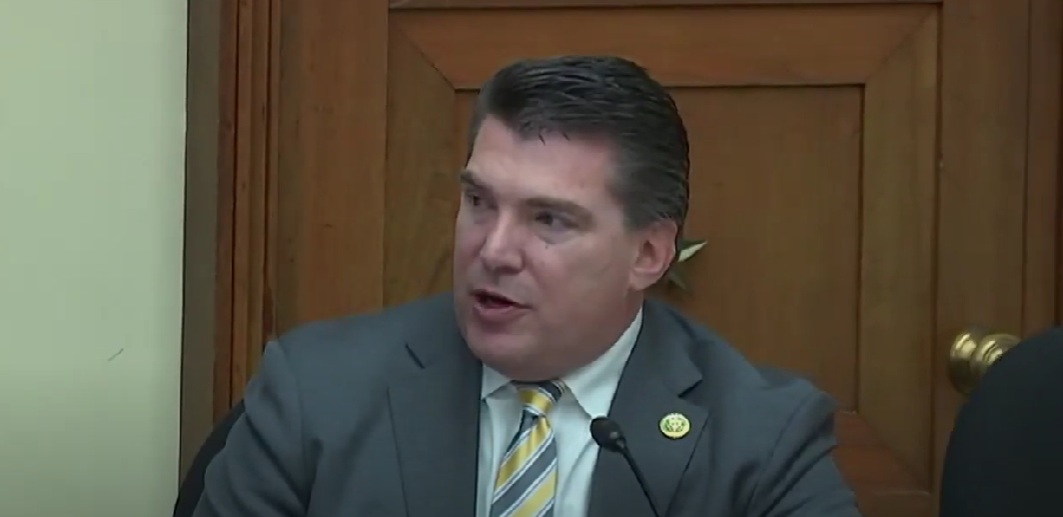Republican Jay Obernolte Speaks about Advancing the Frontier of Quantum Computing

In a recent speech, U.S. House Representative Jay Obernolte from California discussed the transformative potential of quantum computing (QC) in both the industrial and governmental sectors. He said that QC is not merely about faster processing but also about its unique capabilities to enhance various workflows and missions, especially within federal agencies.
Obernolte’s business career in technology began with the founding of FarSight Studios, a video game development company, in 1988. He established this company while still a student, and it has since become known for developing well-regarded games for various platforms. Obernolte’s role at FarSight demonstrates his entrepreneurial spirit and expertise in the tech industry, showcasing his ability to lead and innovate in a dynamic and competitive field. His success in the video game industry provided a strong foundation for his later efforts in public service and politics and is a clear reason — it seems — why he advocates a future that includes QC.
“Quantum Computing is going to be a revolutionary game changer in many areas of industry and also in government.”
— Jay Obernolte
Obernolte emphasized the significance of an amendment that instructs the National Science Technology Council Subcommittee on Quantum Information Science to initiate an outreach program for federal agencies. This program aims to help these agencies identify practical applications of quantum computing that can significantly enhance their operations. He clarified that this amendment does not entail additional funding or expand government mandates. Instead, it focuses on guiding federal agencies to recognize and utilize quantum computing’s potential based on the council’s recommendations.
Additionally, Obernolte expressed his support for a crucial part of the bill related to the development of quantum testbeds. He noted that the amendment introduces important changes to the grant program’s eligibility criteria. It limits the number of awardees to five, ensuring a minimum of $10 million available for each, which is crucial for the program’s efficacy. The amendment also encourages applications that include substantial cost-sharing, aligning with the principles of good governance and resource optimization. Lastly, he mentioned the establishment of a one-year timeframe to set up and operate the grant program, emphasizing efficiency and prompt implementation.
“[…] quantum computers are much more than just computers that run faster than traditional computers and it’s often not obvious to industry or particularly to federal agencies how quantum computing can be integrated into their workflows, and how it can be used to improve their missions. So, that’s why this amendment is so important. It requires the National Science Technology Council Subcommittee on Quantum Information Science to establish a programme of outreach to federal agencies to help them identify the use cases that quantum can help to solve meaningfully.”
— Jay Obernolte
Featured image: Credit: USA.gov
